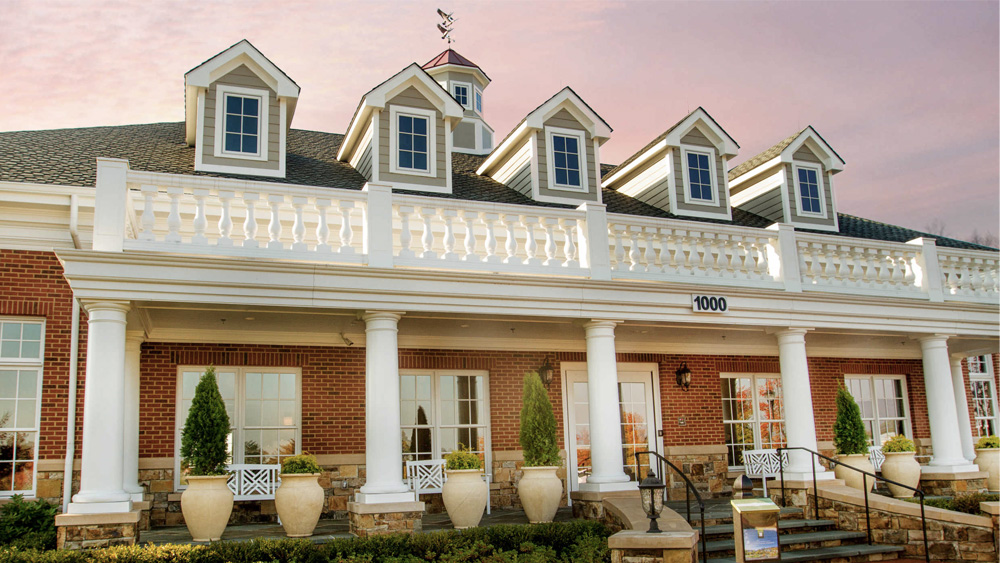Many people have heard the term “HOA” before, but a lot of people are unaware of what it actually means. The acronym stands for homeowners association, and this association is comprised of community members who are either elected or volunteer for specific positions, including president, vice president, secretary, and treasurer.
To help you better understand what your community’s HOA board does, here is Ryan Homes at Brunswick Crossing’s guide to homeowners associations:
What do they do?
The number one priority for every HOA board is making decisions for the betterment of the community. They also strive to maintain a high-quality living environment. Here are a few of the biggest responsibilities an HOA board has:
- Scheduling neighborhood meetings
- Creating, abiding by, and upholding regulations, guidelines and bylaws
- Recruiting members for subsequent community committees like crossing guard sign-up, neighborhood cleanup crew and other necessary functions
- Maintaining financial records and determining the spending habits of the community budget
- Listening to the residents’ comments via social media, e-mail and in person
Should I attend the meetings?
All community members are welcome and encouraged to join their neighborhood HOA meetings. It’s important to remember that the HOA is about making your community a better place to live. Because you’re a part of the community, you have a say in what happens.
There are typically three types of HOA meetings: an annual meeting, a special meeting and a weekly meeting. The annual meeting is open to the community, but attendance is not required. Annual meetings are for choosing the elected board, discussing financial reports, voting on proposed amendments, and recruiting for community committees.
Special meetings require community members to attend, discuss, and possibly vote on one business matter while weekly meetings simply discuss day-to-day functions of the board and give community members a recurring platform to discuss any thoughts on the neighborhood.
To find out when these meetings take place, contact your local HOA board.
What’s the difference between an HOA and a non-HOA community?
Since an HOA community is a governed neighborhood, there are many benefits that non-HOA communities don’t receive. Here are a few examples:
-
The value of your home increases because it’s near community amenities like pools, sports courts, fitness centers and rentable spaces
-
The value of your home continues to increase (and your neighborhood always looks nice) because there are regulations on how to keep up the outer appearance of your home
- Some communities offer road management, storm water management and snow removal, which leave you with less manual labor during bad weather
- HOA boards often offer a social calendar, community events, a lifestyle blog and social media to stay connected to your friends and family
- The location of HOA communities is typically near local conveniences, such as grocery stores, public transportation, restaurants, professional offices, schools and gas stations
- These communities usually have crosswalks, adequate stop signs, noise regulations, a neighborhood watch and home alarm systems to keep you and your family at ease
With a well-run HOA board, your community will undoubtedly flourish. Residents will be protected and listened to, property values will remain high and the community will have a harmonious atmosphere. HOA residents will also enjoy local conveniences and affordable amenities that you wouldn’t otherwise receive in a non-HOA community.



